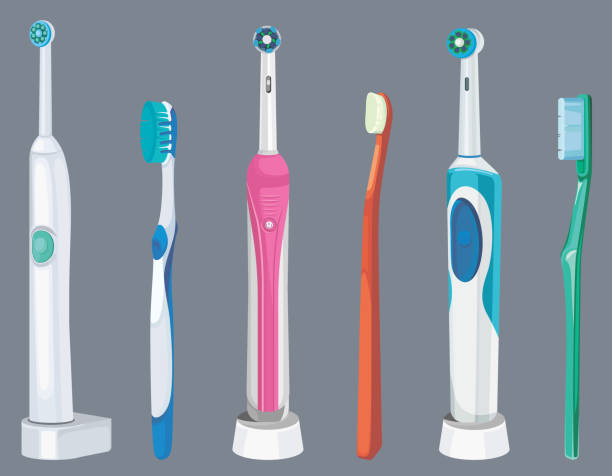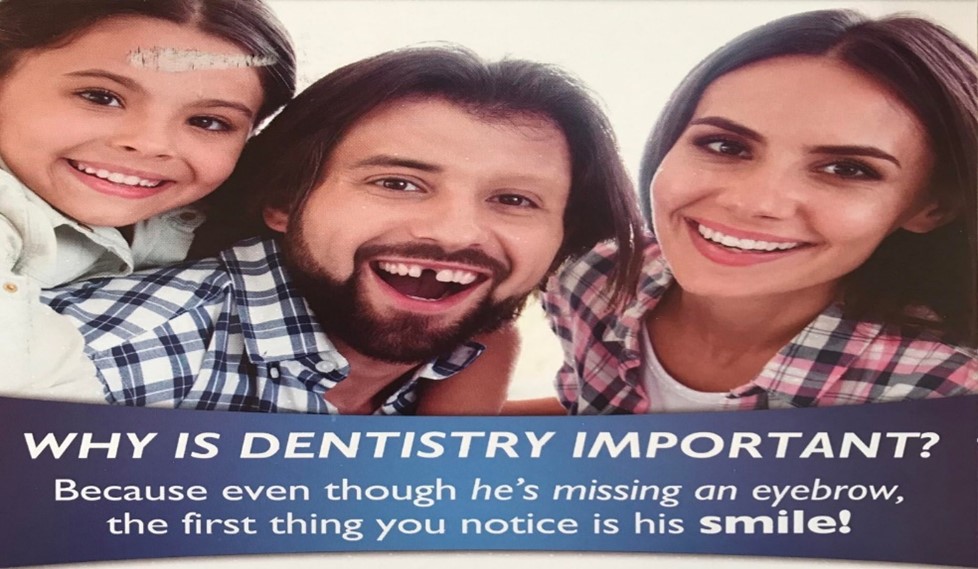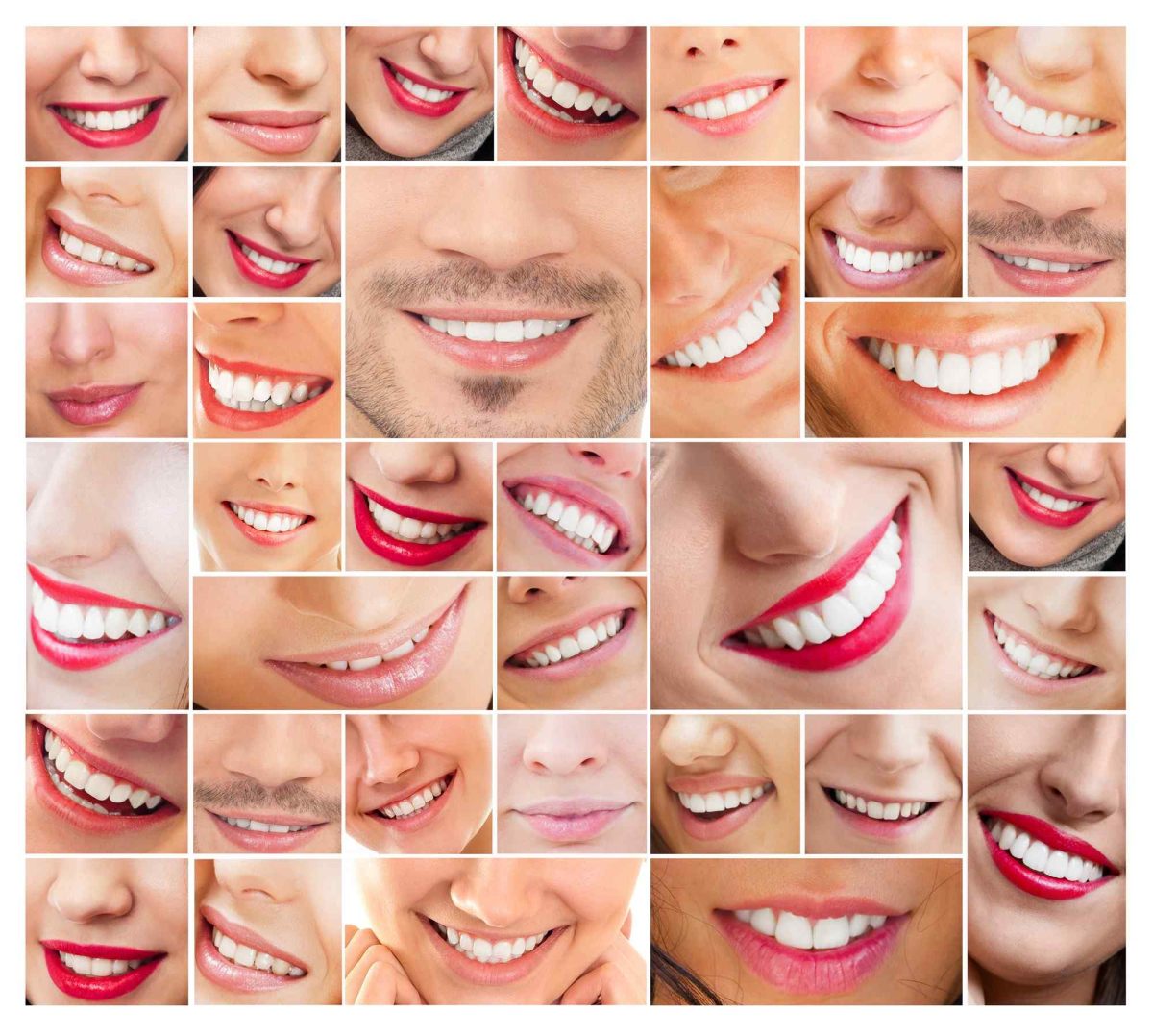Battle between Manual Vs Electric tooth brush
What kind of tooth brush should you use?
USE THE RIGHT TOOL,
FOR THE RIGHT JOB,
IN THE RIGHT WAY.
Proper dental care starts right at your home with your routine dental habits.
Brushing is the most important & effective way for the best oral health & hence
should not be neglected. When you visit the super market the dental care aisle
is flooded with variety of options available for you to use …. simply confusing
you all the more
There are two different types of toothbrushes available in the market: manual
and electric. Both options are effective, but some patients and professionals
prefer one over the other. What works for one patient may not necessarily work
for you, so it might be a good idea to try both to see which one you would prefer.
Both manual & electric toothbrushes are considered good for removing plaque
from the tooth.
BUT YOU HAVE TO USE THE PROPER TECHNIQUE !!!!!!!!!!!!! & it is easier to use
the proper technique with electric toothbrush.
If you are able to maintain a good oral hygiene without facing any dental
problems while using a manual tooth brush…..then keep using it.
However if you need to visit the dentist frequently & if he suggests that you
should concentrate on a particular area more, then you should give electric tooth
brush a try. They will definitely make your job easier.
Consider the following points before you decide which one is right for you:
1. Technique is important:
It doesn’t matter which one you are using, if you don’t use the right technique.
Ask your dentist for the right brushing technique.
2. For people with limited mobility:
Electric toothbrushes are helpful for people with limited mobility, people
suffering from stroke, arthritis & developmental disabilities. Electric tooth
brushes work best even with little hand movements.
3. Effective in patients undergoing Orthodontic treatment (Braces):
An electric toothbrush uses special types of bristles and produces precise
movement. The bristles of an electric toothbrush vibrate to produce a rotational
movement that helps in removing plaque and food debris from teeth, gums, and
braces more effectively and easily by getting into the hard to reach areas.
4. Encourages kids to brush:
It encourages kids to brush who are not interested in brushing. It helps in
cultivating good oral habits.
5. Elder friendly:
It is suitable for elders who do not have finger dexterity to brush properly.
6. Pressure sensor:
Brushing your teeth too hard can lead to sensitive teeth. If you brush your teeth
with too much force, you can wear down the tooth enamel and expose the
dentin. An electric toothbrush with a pressure sensor will alert you when too
much force is being applied to your teeth. This will help to stop you from
brushing too hard and damaging the tooth enamel.
7. Stimulation to the gums:
Electric toothbrush with its rotational & precise movements provides stimulation
to the gum tissues & promotes better blood flow which will lead to healthy gums.
8. Built-in-timer:
Electric toothbrush has a built-in-timer that determines the duration of brushing
time. It ensures that a person will brush for a certain period of time. It ensures
that you brush long enough to sufficiently remove food from the teeth.
Understanding how to brush your teeth is important. Deciding which one to use
is a personal choice. Ask your dentist for the right technique & the right brush
for you.




